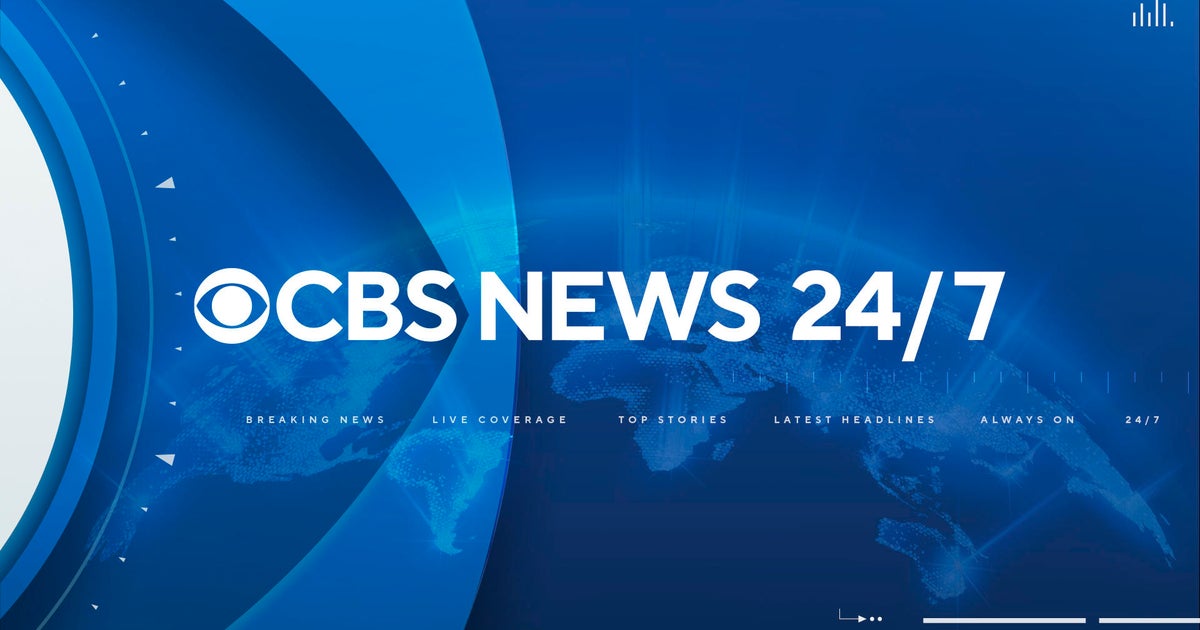Damaging News: Remain Upgraded with Today's Top Headings
Browsing the News Landscape: Tips for Searching For Credible Information
In an age where details is plentiful yet commonly undependable, navigating the news landscape with discernment is critical. Developing the reliability of sources is the very first step, as recognizing the credentials of writers and the reputation of their publications can substantially impact the high quality of information eaten. Acknowledging prejudices and cross-checking realities are vital methods for cultivating educated perspectives - news. As we take into consideration these strategies, one need to question exactly how to efficiently execute them in today's quickly evolving media setting-- an exploration that might reveal greater than expected about our interaction with news.
Assessing Source Reliability
Reviewing resource trustworthiness is vital for making sure the reliability of info in an age noted by details overload. As people navigate numerous kinds of media, from digital write-ups to social media networks, critical legitimate resources comes to be paramount. Key aspects to think about when analyzing resource credibility consist of the authority of the writer, the publication's online reputation, and the proof supplied to support insurance claims.
First, take a look at the writer's qualifications and proficiency in the topic. Authors with relevant scholastic or expert backgrounds are most likely to give trustworthy understandings. Next, think about the magazine's reputation; established media electrical outlets usually comply with journalistic standards and fact-checking methods, making them much more reliable.
In addition, examine the high quality and importance of the proof presented. Trustworthy sources frequently cite peer-reviewed researches, professional meetings, or official statistics, which boosts their claims.
Cross-Checking Info
Cross-checking info is an important method for verifying the accuracy of insurance claims and preventing the pitfalls of false information. This procedure includes contrasting details from numerous trusted resources to determine its validity.
To successfully cross-check info, it is necessary to utilize varied resources, consisting of established information companies, scholastic journals, and specialist point of views. Each resource might give an one-of-a-kind viewpoint or added context that improves understanding. Furthermore, take note of the magazine days of the information being reviewed, as updates or corrections might have been released.
Furthermore, consider the context in which details is offered. Search for proving evidence, such as data, interviews, or firsthand accounts, that lend integrity to a claim. Be mindful of spectacular headlines or emotionally billed language, as these can show an attempt to adjust understanding.
Identifying Bias and Viewpoint
Comprehending prejudice and perspective is essential for navigating the complex landscape of info. Every piece of information is infiltrated the lens of the author's experiences, beliefs, and associations, which can significantly form the narrative presented. As consumers of information, it is necessary to acknowledge these biases, as they can lead to distorted assumptions of fact.

It is likewise essential to recognize your own prejudices. Individual beliefs can influence how you analyze info, making it necessary to come close to information with a vital mindset. Involving with varied perspectives can aid counteract personal predispositions, enabling an extra spherical understanding of concerns.
Ultimately, recognizing bias and point of view in information reporting is not simply an academic workout; it is an important skill for educated citizenship in an autonomous culture. By growing this recognition, people can make even more educated decisions and add to an extra nuanced public discussion.
Understanding Fact-Checking Resources
Fact-checking sources play a pivotal duty in critical the accuracy of details in an era marked by misinformation and sensationalism. These sources, that include independent organizations and on-line platforms, are dedicated to confirming claims made by public numbers, media outlets, and social media sites blog posts. They use strenuous methods to analyze the validity of declarations, typically pointing out original sources and providing context to assist in understanding.
Some popular fact-checking organizations, such as Snopes, FactCheck.org, and PolitiFact, emphasis on different topics, from political rhetoric to viral net claims. Their job not only unmasks false info yet additionally stresses the importance of evidence-based discussion. By getting in touch with these sources, individuals can develop a more critical approach to the details they encounter.
In addition, numerous fact-checking systems use user-friendly user interfaces that enable quick searches by topic or claim, making it easier for users to find pertinent information without delay. Involving with fact-checking sources promotes vital thinking and furnishes customers with the tools necessary to browse the complex information landscape properly, inevitably advertising a much more informed public discussion.

Using Trusted Information Aggregators
In today's busy details landscape, trusted news collectors function as useful tools for individuals looking visit this web-site for trusted information resources. These platforms put together newspaper article from numerous trustworthy outlets, supplying customers with a consolidated sight of present events. By curating web content from developed media organizations, collectors aid individuals prevent the challenges of misinformation and sensationalism usually prevalent in much less credible resources.
When utilizing news collectors, it is crucial to select ones that focus on quality over amount. Seek systems that use strenuous content requirements, ensuring that the news click here for more presented is accurate and credible. Popular collectors like Google News, Feedly, and Flipboard enable individuals to personalize their information feeds based upon subjects of passion, enabling a customized experience that can improve expertise and awareness.
In addition, aggregators commonly consist of features such as fact-checking integrations and individual scores, even more aiding consumers in discerning legitimate information - news. While news aggregators are helpful, individuals ought to stay attentive and cross-reference info with primary resources when required. By leveraging trusted information collectors effectively, individuals can navigate the intricate media landscape while remaining informed with reliable and varied point advice of views
Conclusion
In final thought, browsing the news landscape demands a methodical strategy to guarantee the usage of reliable information. Examining resource trustworthiness, cross-checking realities, and identifying biases are important methods for notified discourse. In addition, making use of fact-checking resources and trusted information collectors boosts the capability to recognize accurate coverage from false information. By utilizing these techniques, individuals can add to a more informed public discussion and foster essential thinking when faced with a progressively complex media environment.